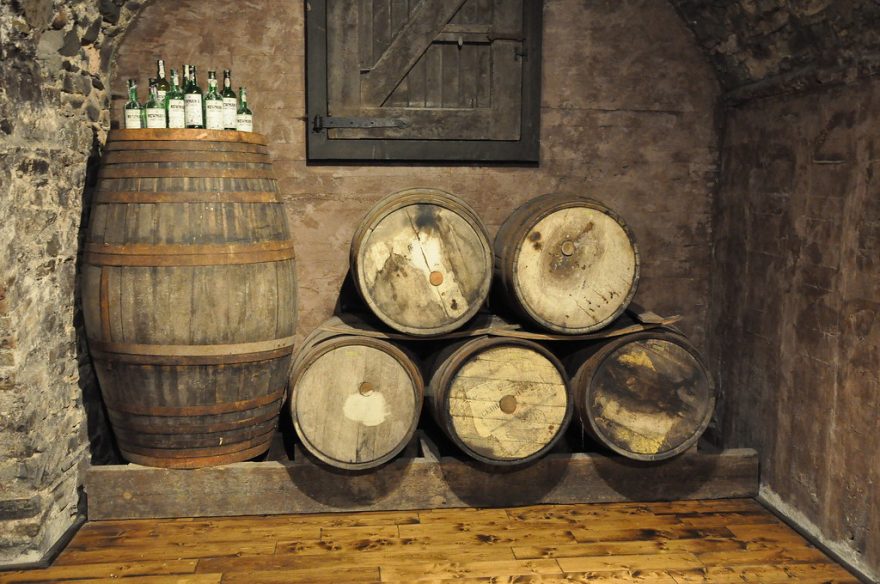
The Evolution of the Wine Cellar
In ancient times, having a wine cellar was not necessary as wine was produced for immediate consumption. However, when winemakers began approaching merchants who aim to export their produce to other areas, people discovered that environmental changes could affect the quality of their wine.
Environmental changes like fluctuations in temperature and humidity can speed up the wine’s ageing process. While excessive exposure to oxygen can make the wine taste bitter, the lack of oxygen can prevent the wine from maturing. Also, UV exposure and vibrations can increase the rate of premature ageing and chemical reaction, which spoils the taste of the wine. Thus, wine should be stored in certain conditions to gain and retain its rich flavour.
If you’re curious about knowing how wine cellars have evolved through the years, read on to discover how winemakers and merchants used to store their wine.
How have wine cellars evolved over time?
Greek ancestry
During these times, many people did not understand that incorrectly storing wine could significantly affect the taste of it. Ancient Greeks used an amphora – the first wine containers made of terracotta with two handles, to store wine. Amphora was favourable as it could easily be stacked on a ship’s hold for trading between the Mediterranean cities.
Roman ancestry
To compete with the Greeks, the Romans stored their wine in fumantorires and traded it beyond the Mediterranean area, such as France, Spain, Portugal and Germany. Fumantorires are smoke-filled rooms, placed next to or above the kitchens. The smoke preserves the wine, but the high-temperature levels can increase the oxidation process and affect the overall flavour of the wine.
The more prosperous Romans used their wealth and dedicated an entire room – a cella vinaria – to conserve their wine. The cella vinaria was located on the ground floor, slightly resembling the modern wine cellars we have today. However, storing wine in a cella vinaria could expose it to extreme climate changes, which caused the wine to taste very unpleasant.
As time passed, people were able to gain a better understanding of how environmental conditions affected the quality of the wine. As such, the Romans resulted in using catacombs to store their wine. Catacombs were subterranean cemeteries that spanned miles below the Roman cities. Only wealthier wine producers and merchants could afford the underground rooms for wine storage.
French ancestry
Moving forward, the French were able to introduce wine caves for storing wine. As well as conforming to architectural laws, the construction of wine caves became popular when stone material was available. Each house had to be built on an arch to reduce the impact of shifts in the ground. These requirements created the ideal environment for conserving wine that was placed 10 metres below the earth’s surface. Digging 10 metres underground enables the wine to stay at a constant temperature of 12 degrees, even during seasonal changes.
Wine cellars today
The wine cellars we have today are increasingly a must-have for many wine connoisseurs. Modern wine cellars come in two variations:
Passive wine cellar
A passive wine cellar is built underground, without the need for controlling the environmental conditions. Generally, when you want to maintain the quality of your wine bottles, storing wine underground is the best solution – it prevents vibrations, exposure of UV light and temperature and humidity fluctuations.
Active wine cellar
An active wine cellar allows you to regulate and optimise a room’s environmental conditions and as a result, your wine bottles experience minimal climate changes, exposure of UV light and vibrations. This type of wine cellar is usually installed overground, whereby individuals use a spare room for storage, display and wine tasting.
If you’re planning to customise your own wine cellar and showcase your wine collection, we can tailor the wine storage to meet your requirements. For further questions regarding our bespoke wine cellar services, contact us today.